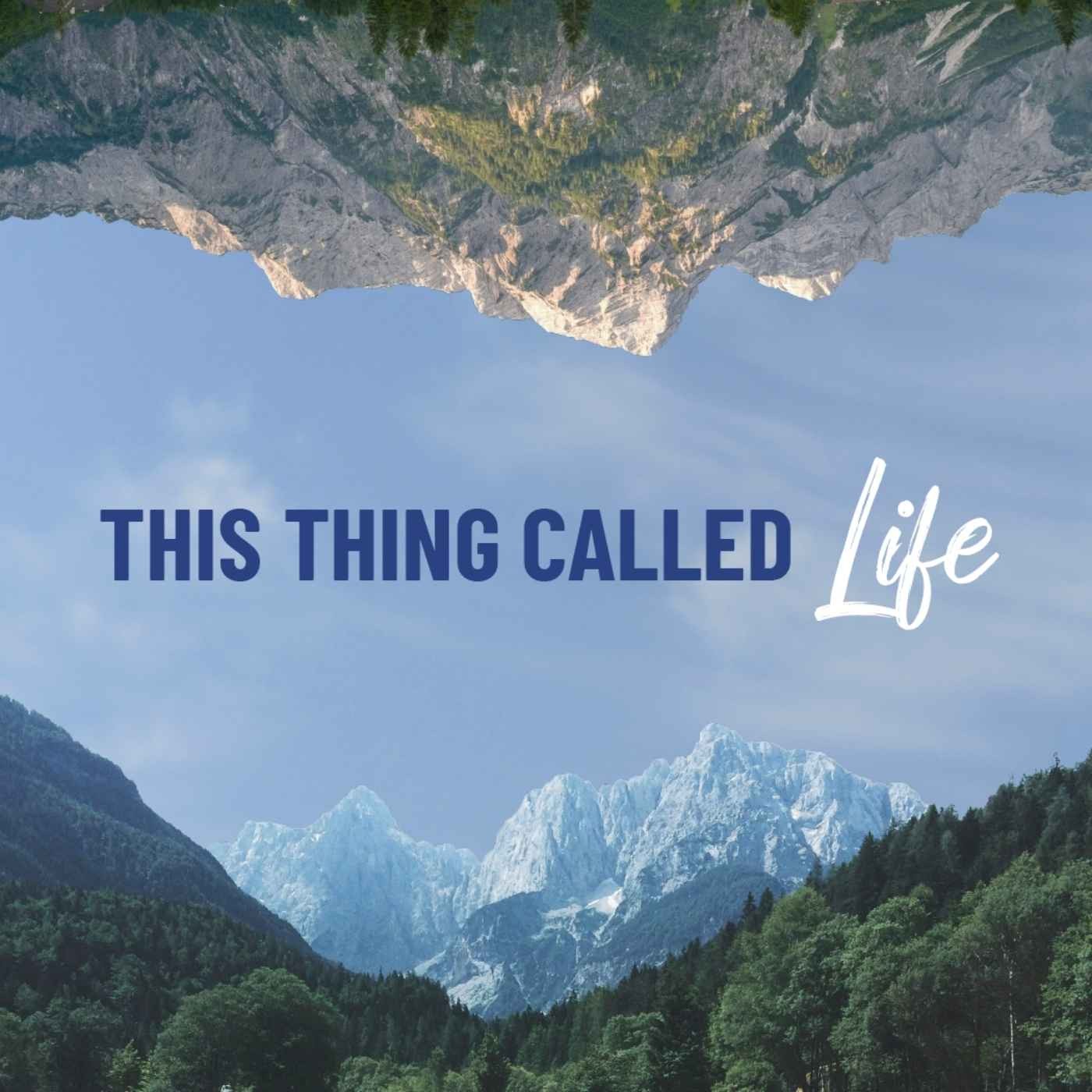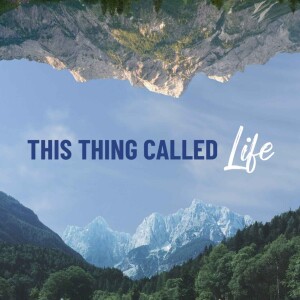
11.1K
Downloads
171
Episodes
This Thing Called Life is a podcast dedicated to acts of giving, kindness, compassion, and humanity. Host Andi Johnson introduces you to powerful organ, tissue, and eye donation stories from individuals, families, and front-line healthcare teams. These stories are meant to inspire and remind you that while life can be challenging and unpredictable, it’s also incredibly beautiful. We hope this podcast inspires you to connect with our life-saving and life-healing mission.
Episodes

Tuesday Oct 04, 2022
Episode 57: Kidney Disease Can Be A Silent Organ Killer, With Dr. Govil
Tuesday Oct 04, 2022
Tuesday Oct 04, 2022
During this episode of This Thing Called Life podcast, host Andi Johnson talks to Dr. Govil,who has been in health care for many years, specifically working in the area of kidneys and kidney health He is a professor of medicine at UC Health as well as Director of Transplant and Chief Section of Transplantation.
Episode Highlights:
- Dr. Govil shares has been in this field for over 20 years and he has dedicated more than 15 years of that time to take care of patients needing kidney transplants.
- Dr. Govil shares why he chose this area of medicine to practice in.
- One of Dr. Govil’s first exposures as a medical resident was with a patient who had trace protein in the urine. All of them, as residents, ignored that component of lab finding and did not realize that their finding was a world-renowned figure in diabetic kidney disease.
- One in six of the US population is at risk for kidney disease, and more importantly, one in 10 out of the US has some element of kidney disease or chronic kidney disease.
- Dr. Govil says kidney disease is very silent. You may only have pain in the kidneys when you have physical problems like kidney stones or any cyst that is hurting you.
- The only way you discover kidney disease is through the blood test and routine numbers analysis.
- Diet does play a role in making kidney disease worse or stable, but a lot of that has to be done with how we manage our primary disease, which is causing kidney disease.
- It is very difficult to ask one patient to stop eating salt because everything we eat around us is loaded with salt, and it is very difficult to break that cycle, says Dr. Govil.
- Andi asks, “Is this kidney disease more prevalent here in America, or is it more prevalent in other parts of the world?”
- There are definitely certain aspects of kidney disease that we do not understand, which means that they may have familial clustering, says Dr. Govil.
- As we progress, we now can identify certain genes that make one more prone to have kidney disease, which does not mean that everyone who has it will present with it.
- Andi asks about Dr. Govil’s experience specifically, “Do you see more of Caucasian patients? Do they seem to have more success in identifying living kidney donors? And if so, why do you think that is?”
- When we look at the transplant or people who are receiving dialysis, 1/3 of them are African American, which means that there is definitely more propensity of any disease in this group of patients than any other group.
- Dr. Govil says, “When we look at the number of people on the list compared to the people who get transplanted and then compare it to the number of people who are on dialysis, they just don't add up completely.”
- Dr. Govil clarifies the myth that kidney donation can harm a donor in the short run and in the long term.
- As per Dr. Govil, education is the key, and that is what he feels when he goes to multiple outreach clinics in the tri-state area, and he realizes a lot of these barriers are related to misinformation.
- Dr. Govil gives recommendations for keeping your kidneys healthy.
- Don't count on kidney pain as one of the symptoms because kidney pain really is not a symptom of kidney disease -that is just a mechanical problem, which could be because of a stone in the kidney or some cyst.
- Diseases are frightening in many aspects; These are things that could be prevented if we took the proper steps and proactively saw our doctors.
- Changes in organ allocation will generally increase some of the volume, but it will definitely increase the volume for certain centers to do more transplants.
- A donor that may have hepatitis is now able to give organs to the patient in need of a transplant, and then that can be treated, says Andi.
- The dialysis survival is really dismal over a period of time. So, a 10-year survival on dialysis is around 10%.
3 Key Points:
- Dr. Govil explains what leads someone to having kidney failure. We have to realize that the kidneys are affected by a lot of things that happen in our body, whether it be high blood pressure, diabetes, or any other changes that may be related to some problems happening at the level of the kidney itself.
- Kidney disease means we are in a tier of the kidney, which is a very silent process and so essentially, your kidneys really do not have to hurt and actually they do not hurt at all when you fail your kidneys over a period of time.
- If we have a healthy, balanced diet to stabilize our diabetes and high blood pressure, it will indirectly help keep our kidneys happy and healthy.
Resources Mentioned:

No comments yet. Be the first to say something!